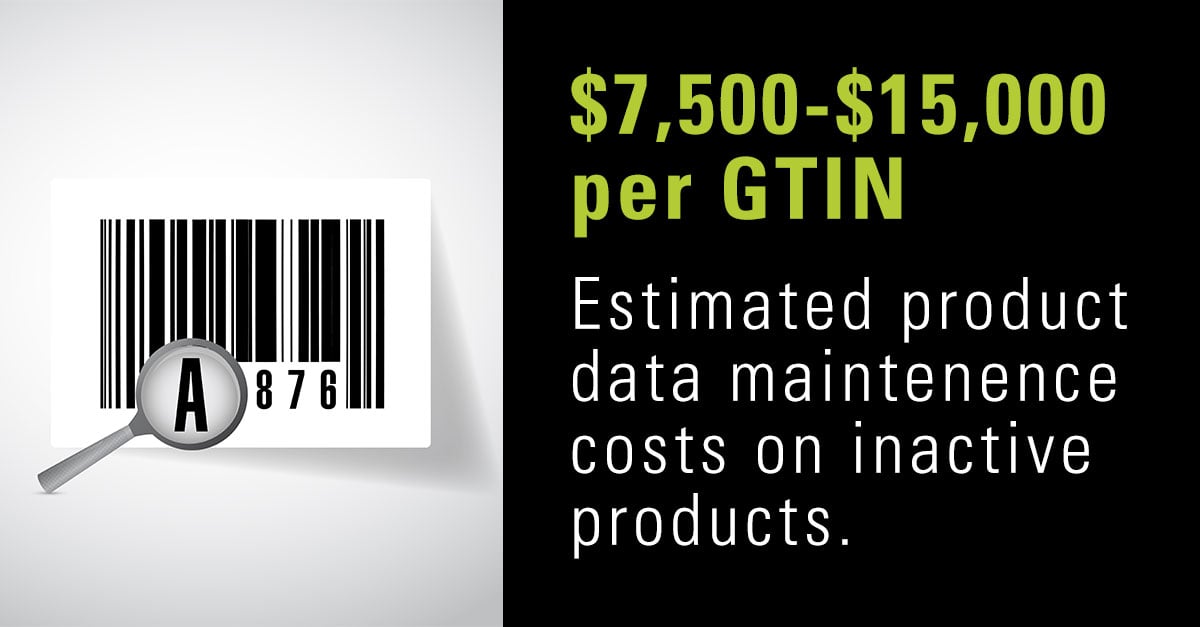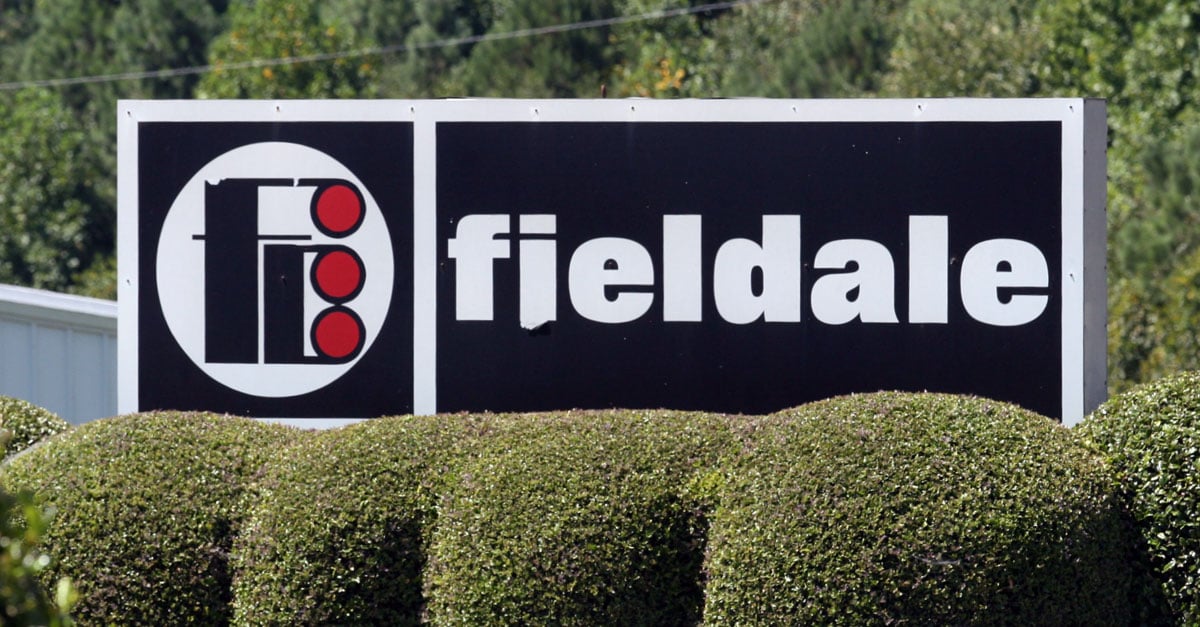A case study coauthored by GS1 US and Nestlé Professional demonstrates that good data governance saves time and money while providing transparency and trust to the customers.
2 min read
CASE STUDY: Improved Data Quality Saves $ Millions
By Kathy Barbeire on May 19, 2023 12:07:01 AM
Topics: food traceability GS1 Standards data quality management
1 min read
Fieldale Farms Implements RFID Technology to Enhance Traceability
By Kathy Barbeire on May 3, 2023 11:42:55 AM
In 2022, Fieldale Farms received a customer request to implement new traceability requirements. The customer’s goal was to increase traceability transparency for their consumers, eliminate manual scanning at all levels of their supply chain, improve their inventory accuracies, and build consumer trust. Fieldale brought in CAT Squared to build seamless integrations between the traceability platform and plant-floor hardware to meet the customer’s request.
"CAT Squared helped us achieve the goals our customer asked for by providing new developments in RFID technology systems," said Cameron Smith, IT plant liaison at Fieldale Farms Corporation. Because CAT Squared’s plant-floor solutions are hardware- and software-agnostic, the team was easily able to integrate with readers from Zebra Technologies, software from Mojix, and labeling systems from Avery Dennison.
The customer’s RFID program required Fieldale to incorporate label attributes that comply with the GS1 Foodservice traceability program. The GS1-128 barcodes are scanned throughout the supply chain, capturing the physical location and context of specific products, their lot numbers, production dates, and expiration dates. RFIDs rely on the serialization of each case and linking that serial number to a product commissioning event.
To meet that requirement, CAT Squared handled the encoding (and decoding) of serials to SGTIN-96 (Serialized Global Trade Identification Number) for creating the RFID labels. The system then transmitted Fieldale’s production data by product to Mojix for commissioning events.
In addition to meeting their customer’s requirements, the RFID initiative is anticipated to save Fieldale time on inventory management and stock rotation, mitigate human error, and increase expiration date visibility. Ultimately, the goal is to create a more transparent supply chain through a best-in-class traceability system to enable safety, efficiency, and the verification of food with integrity.
Topics: Traceability technology food traceability GS1 Standards
3 min read
Important Dates and Details for FSMA Traceability Requirements
By Kathy Barbeire on Dec 26, 2022 11:55:35 PM
New FDA traceability requirements are effective January 20, 2023. The FSMA Final Rule: Requirements for Additional Traceability Records for Certain Foods includes a requirement for those who manufacture, process, pack, or hold foods on the Food Traceability List (FTL) to establish and maintain records containing Key Data Elements (KDEs) associated with different Critical Tracking Events (CTEs). The FDA notes that while the proposed requirements only apply to those foods on the FTL, “they were designed to be suitable for all FDA-regulated food products. FDA would encourage the voluntary adoption of these practices industrywide.”
Topics: Era Smarter Food Safety Traceability technology food traceability Labeling key data elements critical tracking events GS1 Standards
2 min read
5 Steps for Food Suppliers to Adopt Digital Supply Chain Technology
By Kathy Barbeire on Jan 8, 2021 4:01:46 PM
This last year revealed many vulnerabilities and challenges for food suppliers. The pandemic exposed a vulnerability in manufacturers’ reliance on human labor. Regulatory bodies like the FDA, USDA, and GFFA are compelling supply-chain participants to adopt common standards and digital technologies. Retailers – who are under pressure from consumers demanding more variety, sustainability, transparency, and ethical sourcing – are increasingly willing to go around manufacturers to create the products they need if they can’t get the relationship they want with the manufacturer. These challenges will continue beyond 2021.






